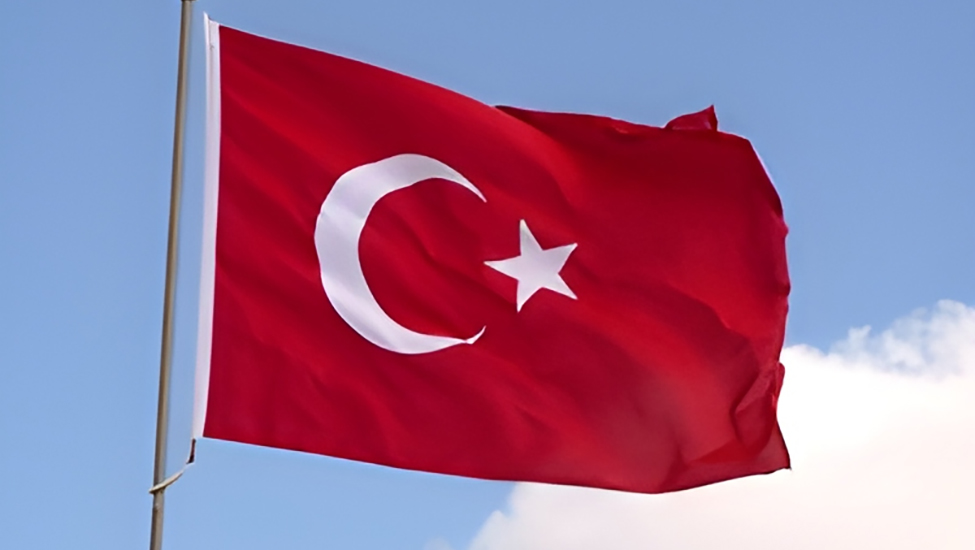The Newsletter n°490 — 6 juin 2011
La Lettre
Kemal Koprulu
—
6 June 2011
Parity
1 January 1970

Macedonia
1 January 1970

Portugal
1 January 1970
Turkey
1 January 1970
Latvia
1 January 1970
Lithuania
1 January 1970

Luxembourg
1 January 1970
Sweden
1 January 1970
France
1 January 1970
Germany
1 January 1970
Austria
1 January 1970
Spain
1 January 1970
Denmark
1 January 1970
Finland
1 January 1970
Italy
1 January 1970
Greece
1 January 1970
OECD
1 January 1970
Charlemagne Prize
1 January 1970
Iceland
1 January 1970
UK
1 January 1970
Italy
1 January 1970

Slovenia
1 January 1970
Religion
1 January 1970

Standards
1 January 1970
Read more -another link -another link -another link -another link
Digital
1 January 1970
Migrations
1 January 1970
Crisis
1 January 1970

Competitiveness
1 January 1970

Yemen
1 January 1970

Read more -another link -another link -another link -another link -another link -another link -another link
Radioactivity
1 January 1970

Nuclear
1 January 1970

Asia
1 January 1970
Equality
1 January 1970

Government?
1 January 1970

Kosovo
1 January 1970

Near East
1 January 1970
Albania
1 January 1970

Nuclear
1 January 1970

France
1 January 1970

Norway
1 January 1970
Presidency/EU
1 January 1970

France
1 January 1970
Elections
1 January 1970

Libya
1 January 1970

Sarajevo
1 January 1970

Vatican
1 January 1970

Mladic/ICTY
1 January 1970

Bulgaria
1 January 1970

Libya
1 January 1970
Belarus
1 January 1970

Bacteria
1 January 1970

Unemployment
1 January 1970

Inflation
1 January 1970
Industry
1 January 1970
Languages
1 January 1970

G20
1 January 1970

Social Dialogue
1 January 1970
Schengen
1 January 1970
Environment
1 January 1970
Festival/Leipzig
1 January 1970

Exhibition/Bonn
1 January 1970
Festival/Transylvania
1 January 1970
Agenda
les 6th-7th June
"Employment, social policy, healthcare and consumer" Council ()
les 6th-9th June
Plenary Session of European Parliament ()
7th June
Extraordinary 'Agriculture" Council (implications of E.Coli contamination) ()
les 9th-10th June
"Justice and Internal Affairs" Council ()
9th June
ECB Governing Council ()
10th June
"Energy" Council ()
10th June
EU-Russia Summit ()
12th June
General Elections - Turkey ()
European Women Leading the Way
Should we be concerned about European competitiveness?
The European Space Context (after the ESA Ministerial Council meeting in 2025)
In support of European regulation that is compatible with growth
Democratic resilience in Europe in a polarised world
The Editors of the Newsletter :
Stefanie Buzmaniuk, Helen Levy
N°ISSN : 2729-6482
Editor-in-Chief :
Eric Maurice
Director of Publication :
Pascale Joannin
Any questions or suggestions?
Contact Us!







